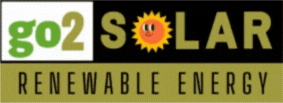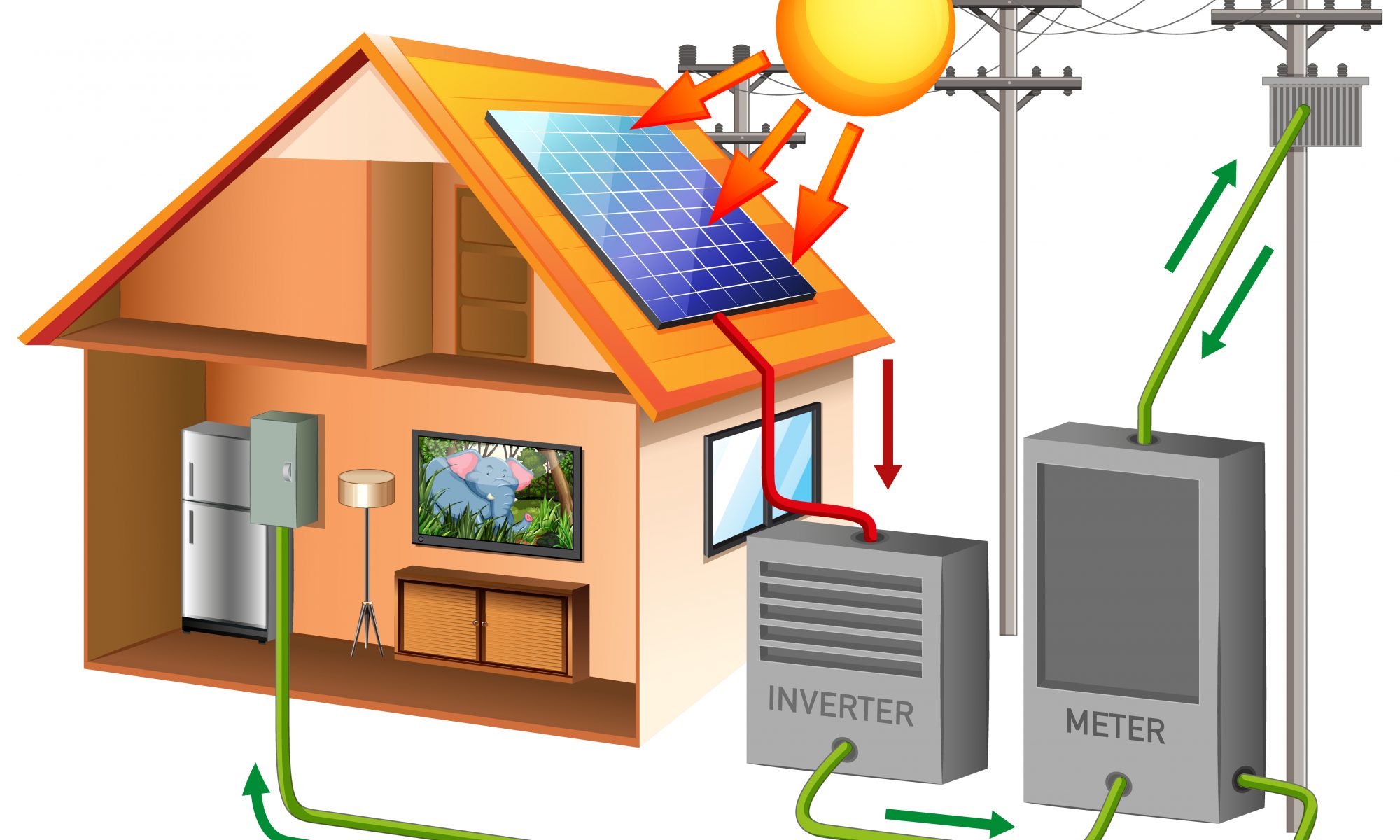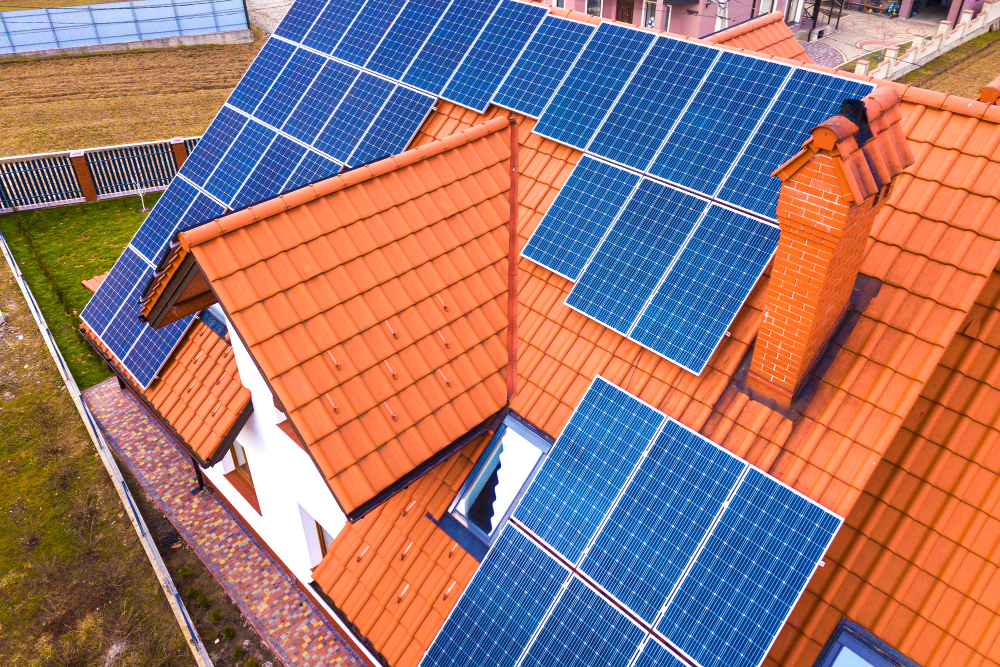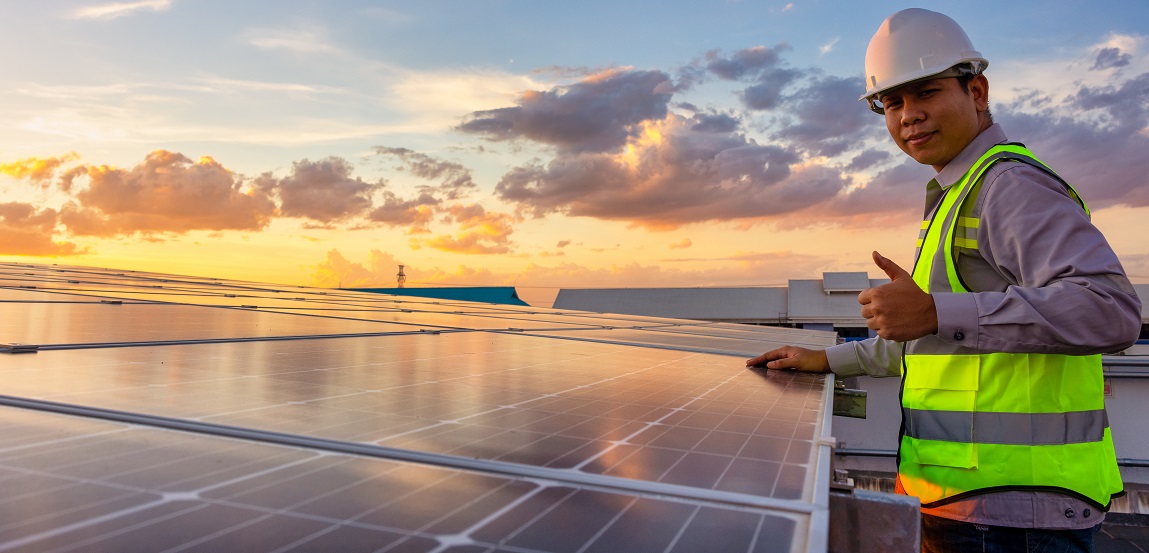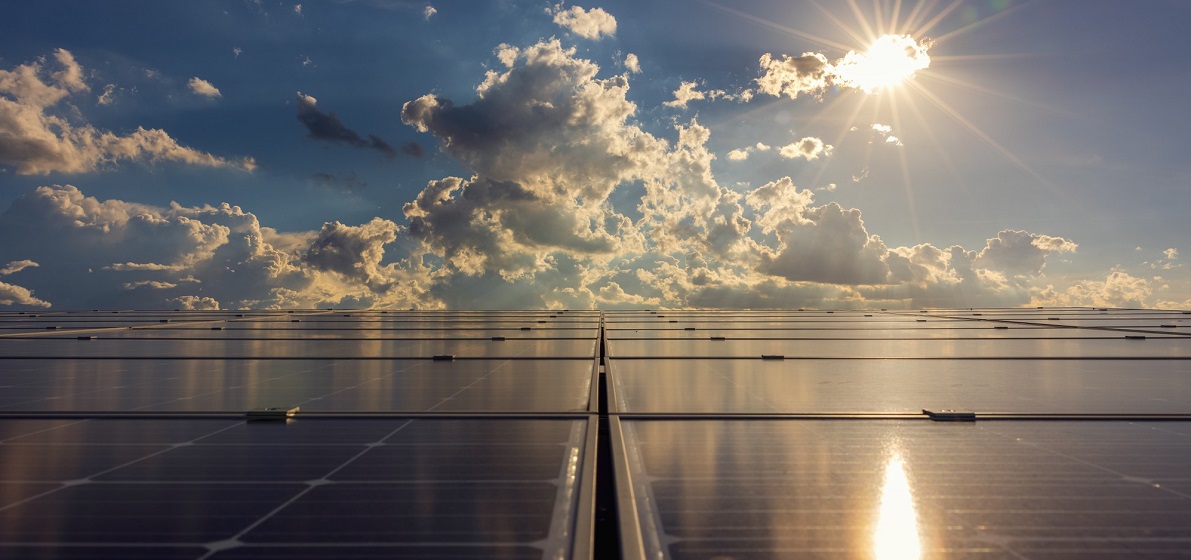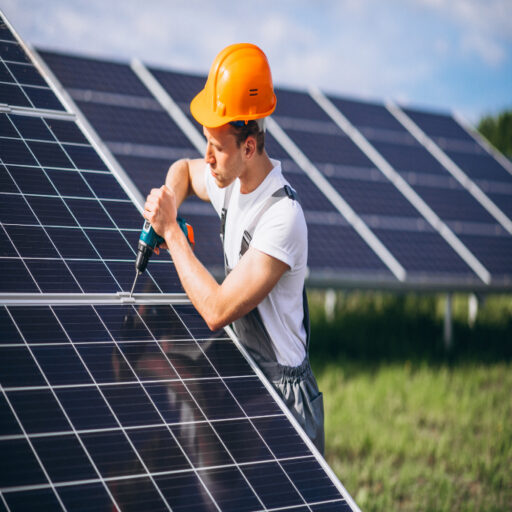Rooftops and Ground Mounts.
As solar energy becomes more accessible, homeowners have a variety of installation options to choose from. Two common types of solar installation are rooftop and ground mount systems. In this blog, we will compare and contrast these two types of installations. Also, we will explore the benefits of each.
Rooftop Solar Installation
Rooftop solar installation involves placing solar panels on the roof of a building. Rooftop is the most common type of solar installation for residential properties. Therefore, rooftop solar panels are a great option for properties limited in space.
Benefits of Rooftop Solar Installation:
- Space-efficient: Rooftop solar panels take up no additional space and do not require any additional land for installation.
- Easy installation: Rooftop solar panels are relatively easy to install and can usually be done within a few days.
- Energy-efficient: Rooftop solar panels can be installed in a way that maximizes energy efficiency.
Ground Mount Solar Installation
Ground mount solar installation involves placing solar panels on the ground. It is typically used when a homeowner has a larger property or wants to maximize the energy output of their solar panels.
Benefits of Ground Mount Solar Installation:
- Increased energy output: Ground mount solar panels can be installed at an angle. An angel helps optimize for sunlight exposure. In effect, it can increase energy output. The increase helps reduce energy bills.
- Easier maintenance: Ground mount solar panels are easier to access for maintenance and cleaning.
- Flexibility: Ground mount solar panels can be installed in a variety of locations and do not require an existing roof structure.
Rooftops and Ground Mounts Comparison
While both rooftop and ground mount solar installations have their benefits, there are some key differences between the two types of installations.
- Space: Rooftop solar panels are a great option for homeowners who have limited outdoor space, while ground mount solar panels are better suited for larger properties.
- Energy output: Ground mount solar panels can generate more electricity and reduce energy bills due to optimized sunlight exposure.
- Maintenance: Ground mount solar panels are easier to access for maintenance and cleaning, while rooftop solar panels can be more difficult to access.
- Installation: Rooftop solar panels are relatively easy to install and can usually be done within a few days, while ground mount solar panels require more labor and can take longer to install.
Conclusion
Rooftops and Ground Mounts. Both rooftop and ground mount solar installations are great options for homeowners who want to take advantage of solar energy. Ultimately, the decision of which type of solar installation to choose will depend on individual circumstances, including the amount of outdoor space available, energy needs, and personal preferences. Regardless of which installation type is chosen, homeowners can enjoy the benefits of renewable energy and reduced energy bills.
Outbound Links:
https://www.energy.gov/energysaver/residential-solar-rooftop-potential
Search | Georgia Environmental Finance Authority
Inbound Links:
